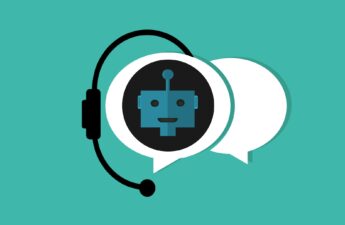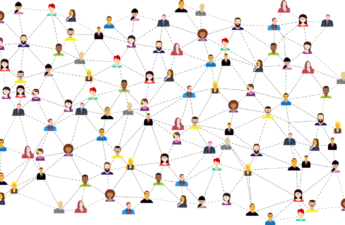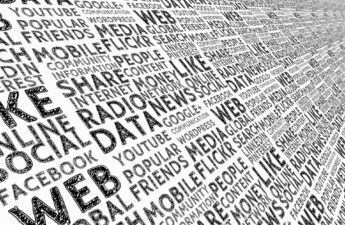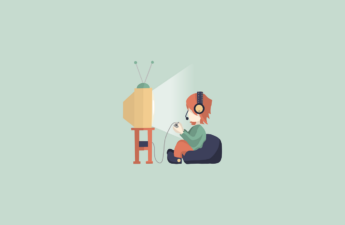Category: Technology
Telehealth abortion still on the rise, especially in states with shield laws, report shows
From January to March 2024, there were about 19,700 telehealth abortions per month, according to the report. The states with the biggest jumps in the average number of abortions per month compared with the first three months of 2023 include New York, California, Virginia, Kansas and Pennsylvania. Kansas saw 59% more telehealth abortions and 29% more in-person abortions each month.
The design and marketing of mental health chatbots may result in users’ misconceptions about their therapeutic value.
AI inconsistently assesses cardiac risk from chest pain – UW study finds
Tasked to interpret data associated with patient complaints of nontraumatic chest pain, the ChatGPT-4 large language model performed poorly against two standard tools that doctors use to predict risk of a cardiac event.
Increasingly sophisticated AI systems can perform empathy, but their use in mental health care raises ethical questions
Some examples of AI applications include: screening tools in primary care settings, enhanced tele-therapy sessions and chatbots offering accessible 24/7 emotional support. These can act as bridges for anyone waiting for professional help and those hesitant to seek traditional therapy. However, this turn to emotion-AI comes with a host of ethical, social and regulatory challenges around consent, transparency, liability and data security.
Beware online mental health chatbots, UW specialists warn
AI chatbots may someday play an important role in mental health care, but many currently online are untested and unsafe.
Telehealth makes timely abortions possible for many, research shows
Access to telehealth abortion care can determine whether a person can obtain an abortion in the United States. For young people and those living on low incomes, telehealth makes a critical difference in getting timely abortion care.
Health misinformation is rampant on social media – here’s what it does, why it spreads and what people can do about it
Studies show that health misinformation spread on social media results in fewer people getting vaccinated and can also increase the risk of other health dangers such as disordered eating and unsafe sex practices and sexually transmitted infections. Health misinformation has even bled over into animal health, with a 2023 study finding that 53% of dog owners surveyed in a nationally representative sample report being skeptical of pet vaccines.
Amid Regulatory Gaps, Telehealth Prescribers Flourish
It’s easier than ever to get prescription drugs online. Should regulators be paying more attention?
How good is ChatGPT at diagnosing disease? A doctor puts it through its paces
Is our virtual doctor ready to see us yet? Not quite. We need to put more knowledge into it, learn to communicate with it and, finally, get it to overcome its prudishness when discussing problems we don’t want our families to know about.
AI chatbots are still far from replacing human therapists
Automated chatbots can be beneficial to people who may need immediate help, but they are not meant to replace traditional therapy.
AI chatbots are still far from replacing human therapists
Automated chatbots can be beneficial to people who may need immediate help, but they are not meant to replace traditional therapy
COVID-19 conspiracy theories that spread fastest focused on evil, secrecy—WSU study finds
They found that the most common posts contained statements of belief that a theory was true, but those did not get as much engagement as posts about malicious purposes and secretive actions.
Video gaming may be associated with better cognitive performance in children
Additional research necessary to parse potential benefits and harms of video games on the developing brain.
The rise of ‘Dr. Google’: The risks of self-diagnosis and searching symptoms online
The risks of using online health resources include increased anxiety and fear. The term cyberchondria can be defined as someone experiencing a high amount of health anxiety from searching symptoms on the internet. Self-misdiagnosis is also a danger, especially if doing so means not seeking treatment.
Automated Medication Dispensing May Cause Drug Mix-ups
Computerized medication cabinets are used in nearly all U.S. hospitals. Safety advocates say they’re primed for error.








